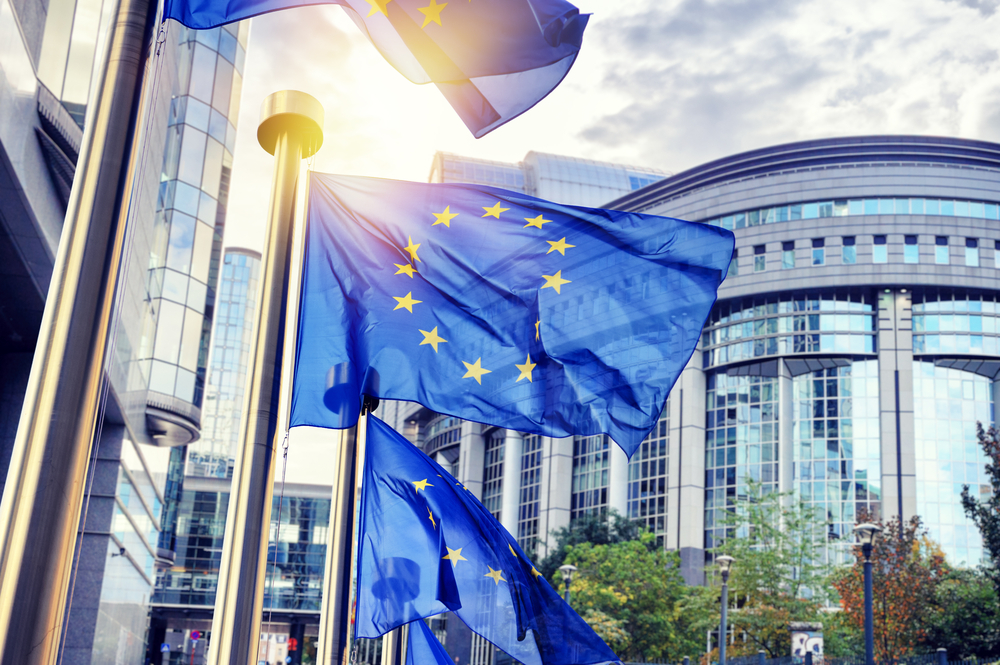


BRUSSELS - Whether it’s a place to do business, study, shop, keep in touch, find a partner, or sustain a lifeline to family and friends, we did not need a pandemic to show us why the Internet matters. But the pandemic has reminded us that when we act to shape the online experience, we need to get it right. How we manage the digital world says a lot about who we are.
How should we manage it? For starters, it helps to know specifically what we hope to achieve. We want people to have access to affordable networks, e.g., and have the skills to use technology. We want to choose which data we share, and when and with whom we share it. We want to know the carbon footprints of our tablets and the videos we stream. We want to be protected as much online as we are offline. And we want to be able to disconnect.
Everyone in Europe, and in the rest of the world, should be able to rely on these basic principles. Everyone should know that these rights exist and deserve protection. In addition to national governments and members of the European Parliament (EP), 82 percent of people across all 27 European Union member states say they want the European Commission (EC) to define and promote a common framework of digital rights and principles. Now we have done precisely that.
The EC’s proposed declaration of digital rights and principles released late last month puts people first. Digital policies should be human-centric and designed to leave no one behind. At a time when digital technologies play an increasingly prominent role in social, economic, and political life, we want safe tools that work for everyone, and that they respect our rights and values.
Building on this vision, we grouped our proposed principles and rights into six chapters. First, technology should have a worthy
The content herein is subject to copyright by Project Syndicate. All rights reserved. The content of the services is owned or licensed to The Yuan. The copying or storing of any content for anything other than personal use is expressly prohibited without prior written permission from The Yuan, or the copyright holder identified in the copyright notice contained in the content. Continue with Linkedin
Continue with Linkedin
 Continue with Google
Continue with Google









 1188 views
1188 views








